
Insurance considerations around COVID-19: how are you broaching it?
In a matter of months, the coronavirus has gone from a small blip on our radar to a growing pandemic that has consumers stockpiling the essentials and stores rationing out supplies on a global scale.
Now, with travel limited and many affected in their personal as well as their professional lives, it is crucial you’re keeping those lines of communication open with your insurance customers.
With the government clarifying their stance on the COVID-19, declaring it as a ‘notifiable disease’, business owners could find some relief from the potential losses to come.
Of course, there’s still some debate over whether this extended cover works retrospectively, so policyholders and their providers are urged to review the fine print of their policies.
Where are we seeing the greatest disruption so far?

%
Of British retailers seeing an impact from supply chain disruption

%
Of SMEs already experiencing cash flow issues

%
Of consumers will shop online to avoid physical contact with others
As we move forwards, you need to be informing and reassuring your clients. This means continuing to offer your bespoke services, products and expertise for personal and commercial purposes.
Whilst it is expected to have a temporary effect on the economy, experts are already speculating at the full reach the coronavirus will have for the months and years to come.
By talking to your customers now, you can help them to keep their businesses, families and homes insured and protected.
Travel cancellations
Airlines could lose as much as £92.28 billion this year; with international flight bookings down 79% year-on-year during the final week of February.
As well as affecting overseas travel, this change in consumer behaviour can also be seen more locally, as a third of commuters are planning to stop using public transport.
Whilst 25% of Brits don’t insure their holidays, the 75% majority who do will need your help understanding their rights.
Now that Prime Minister Boris Johnson has declared only ‘essential’ travel be permitted, policyholders will need to check with their providers whether their reason for travelling would qualify them, or they may risk voiding their cover.
For flights, financial compensation should be available to passengers who have had their flights cancelled by the airline.
If their destination has not been ruled out for travel by the Foreign and Commonwealth Office (FCO), however, it’s unlikely their claim will be accepted if they decide to cancel and seek compensation.
In a statement, ABI representative – Su Crown – commented that “travel insurance is not designed to cover ‘disinclination to travel’ where the FCO advice has not changed to advise against travel”.
As airlines and insurance providers have implemented different processes to handle the coronavirus outbreak and consequent disruption, it’s advisable to handle all customer enquiries on a case-by-case basis.
For instance, whilst airlines like EasyJet and British Airways are giving passengers the option to re-book for free, other travellers might face stricter conditions. With some insurers putting a freeze on new policies or limiting cover relating to the disease altogether.
Business interruption
During its peak, it’s expected that one in five UK workers will be on ‘sick leave’ for the coronavirus.
With 69% of SMEs already feeling the financial strain, insurance providers should expect an increasing number of business interruption claims from their commercial clients.
Conventional cover only protects against quantifiable physical damage sustained to the premises, meaning that – depending on the precise wording within the policy – disruption from COVID-19 would not be included.
For those with business interruption policies that do take ‘notifiable human diseases’ into consideration, there is some relief in that the coronavirus was classified as a ‘notifiable disease’ just this month.
However, it’s worth bearing in mind that this does not have retrospective application.
Here are some other items to consider:
- Voluntary closure or voluntary self-isolation – as a precautionary step, many businesses and individuals are looking at ways to prevent the spread of COVID-19 by self-isolating. Although a sensible decision in the scope of what’s happening, this may mean that losses incurred are not covered, unless such closure is mandated by a public authority or organisation.
- Time excess – where a policy is subject to a time excess, you may need to notify policyholders that any losses over that period of excess will not be covered.
- Recoverable losses – as a matter of course, businesses are required to minimse their own losses. This may include the implementation of new processes to allow for remote working and fulfilling orders or contracts through alternative platforms. Although we’re already seeing stock delays and cancellations, the majority of operators will not receive any compensation for this particular situation.
Support will be available for the UK’s workforce who are on zero-hour contracts and those needing to pay statutory sick pay, with new legislation allowing small businesses to reclaim two weeks’ worth of SSP in relation to absences from the COVID-19.
For more information on this topic, refer to GOV.UK.
Liability insurance
By failing to cancel arrangements or events that may expose customers and employees to the disease, or otherwise not fulfilling their responsibilities to shareholders, businesses could find themselves liable to claims.
Likely to affect the leisure, travel and hospitality sectors the greatest, this could have serious consequences for organisations in every industry.
Here’s what could be triggered in the aftermath of the coronavirus:
- Public Liability Insurance
- Employers’ Liability Insurance
- Directors and Officers (D&O) Liability Insurance
Simple steps to mitigate risk within your own business now
If you’d like more information on any of the guidance provided here, we would recommend referring to the World Health Organisation.
You can also talk to our team of marketing consultants about your communication strategy, email us at info@briefyourmarket.co.uk.
Implement distancing tactics
Give your employees flexibility to work from home.
Reduce meetings and travel.
Establish remote work proccesses for your internal and external business communications.
Be open with your customers
This should also apply to your team members and other shareholders, but keep those communication avenues open with your existing clients and database prospects.
Shift your sales and marketing strategies to online channels and take the weight off your brokers conducting face-to-face consultations.
Savvy business owners across the globe have already switched to different digital platforms to ease the difficulties we may face, with one cosmetic company based in Wuhan seeing 200% growth from engaging with its customers virtually.
Plan for the long term
This pandemic will have an effect on everyone but there will be a period where we see the market stabilise again.
Use this time to think ahead and start strategising for future growth and recovery; for your customers and their businesses.




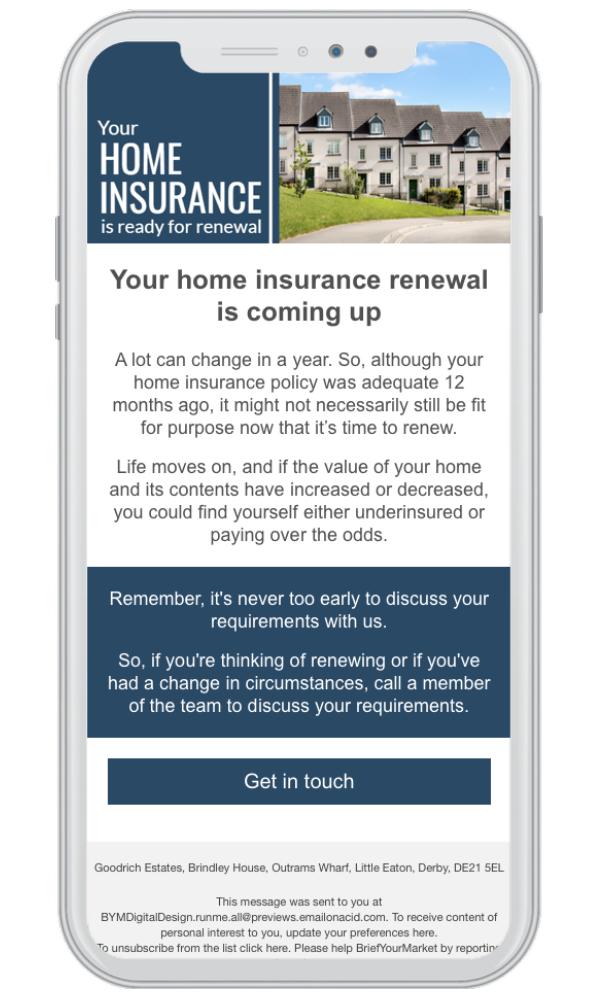



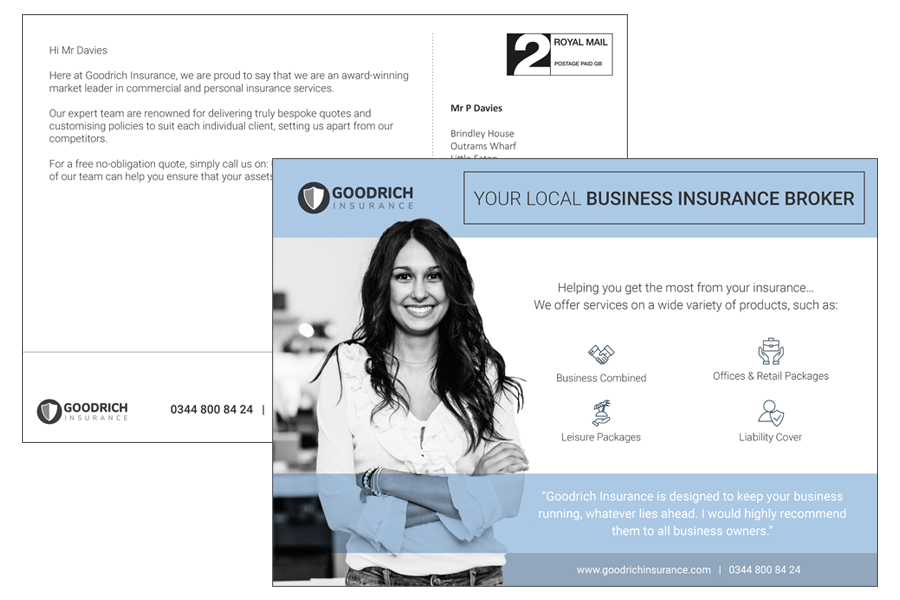
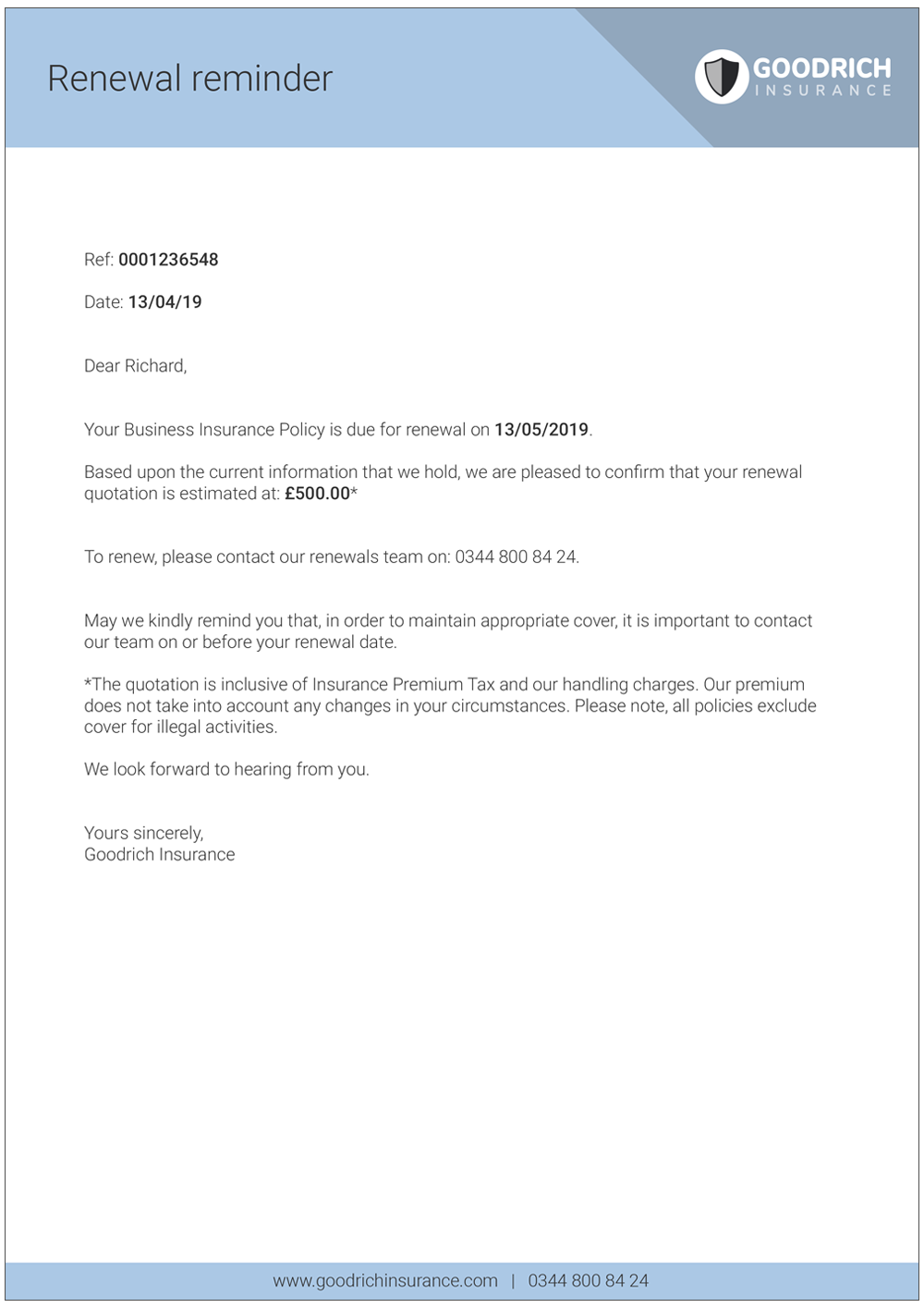


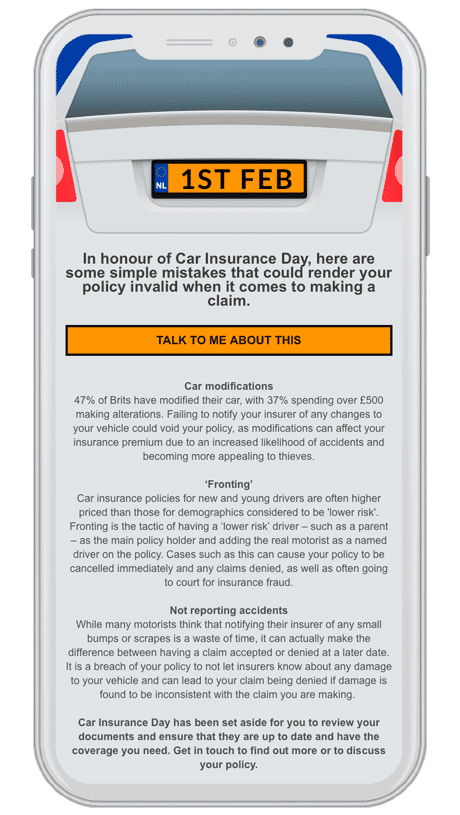

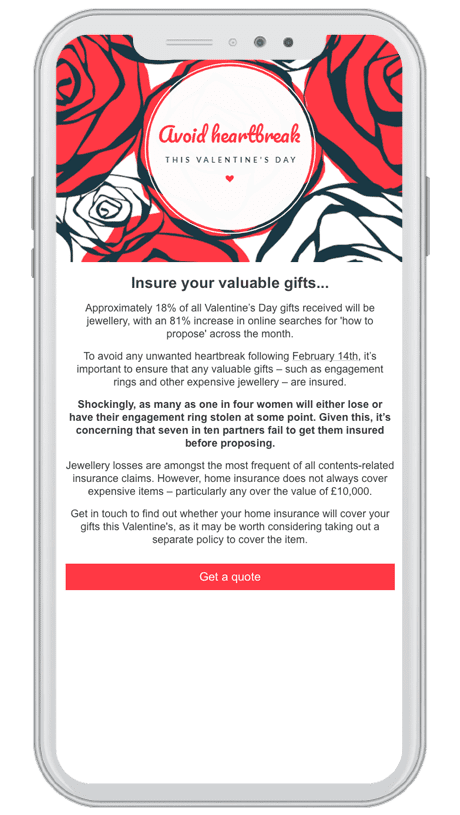
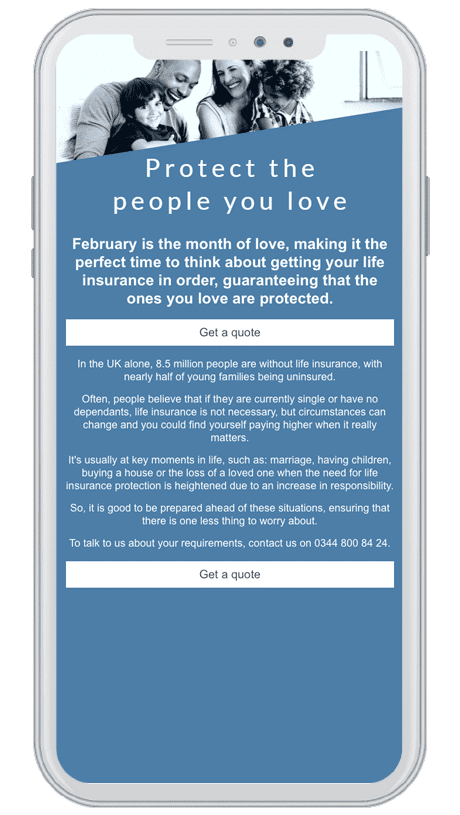





Recent Comments